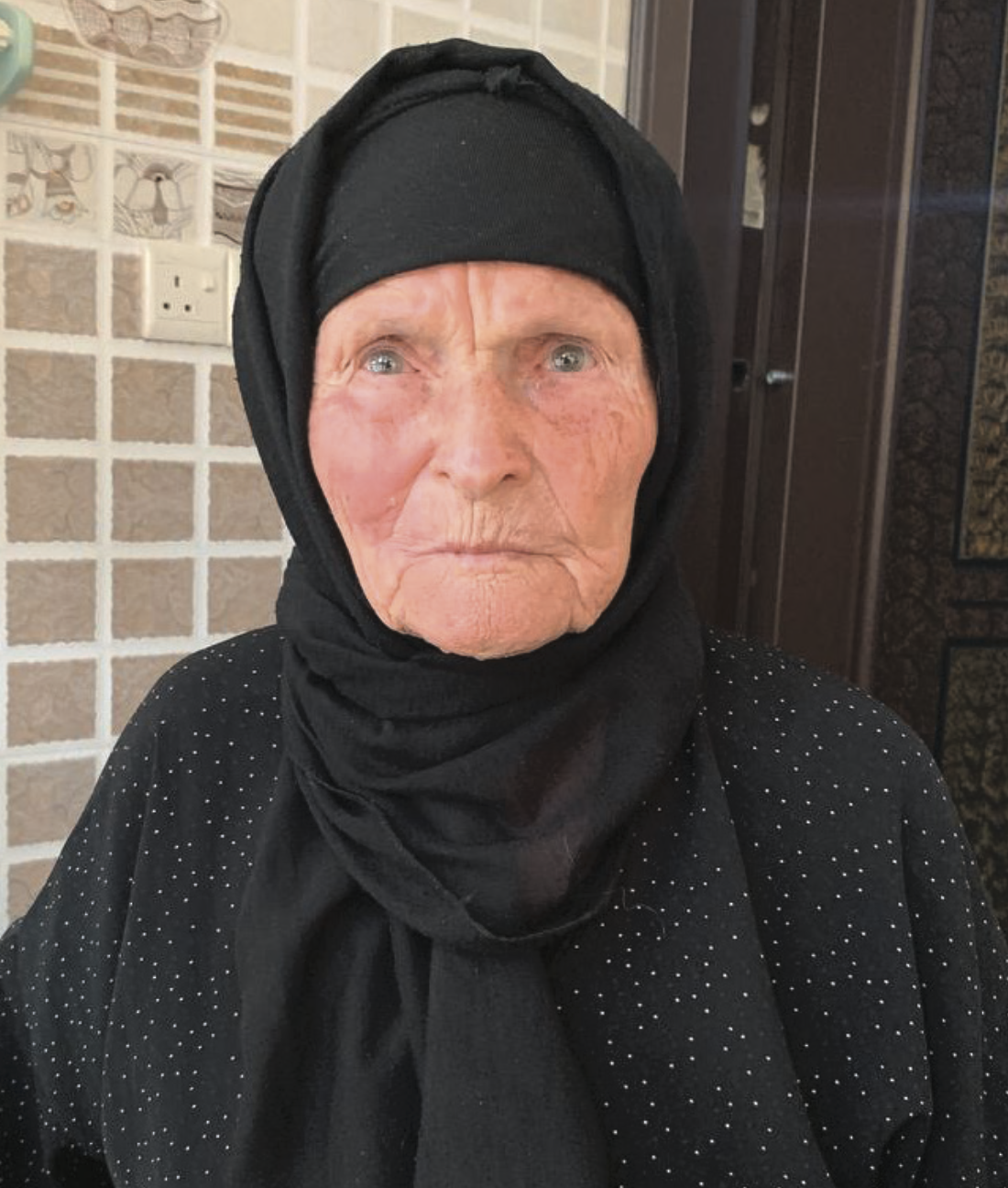In a world where the struggle for freedom echoes through history, the extraordinary odyssey of Svita Alexander emerges as a testament to the unwavering love, indomitable courage, and enduring spirit of the peshmerga. Born in 1937 in Samarkand, in what is now Uzbekistan, Svita would soon become involved with the brave and resolute fighters of Kurdistan, forming a tapestry woven from sacrifice, resilience, and an unbreakable bond with a land yearning for liberation.
In 1957, amidst the winds of change and tumultuous currents of revolution, Svita's fate intersected with that of Haji Ali Avaduri, a steadfast peshmerga in the ranks of the revered Mustafa Barzani. Their union was more than a marriage; it was a convergence of hearts and ideals, kindled by the fires of a shared commitment to a cause that would define their existence.
The peshmerga, legendary for their dedication to the Kurdish people's aspirations, became Svita’s extended family. During the Second Barzan Revolution and the valiant defense of the Kurdistan Republic in Mahabad, she bore witness to history's chapters unfurling before her eyes. Her husband's active participation in the Great September Revolution – and his sacrifices etched into the annals of courage – painted a vivid tableau of resilience and patriotism.
Yet shadows lurked within this mosaic of valor. The year 1983 cast a haunting veil over Svita's life as the brutal and devastating Anfal genocide decimated the ranks of the peshmerga. In a heart-wrenching twist of fate, she lost her beloved husband and son, their lives extinguished amidst a campaign of unimaginable cruelty. Through her grief, Svita's spirit endured, fortified by the same resolve that animated her husband and his comrades.
However, adversity took a different form as Svita found herself ensnared within the clutches of the Iraqi Ba'ath regime. Imprisoned in Baghdad for two anguishing years, her spirit remained unyielding, an unquenchable flame of determination that even the darkest dungeon could not extinguish. Emerging from her captivity, Svita's resolve burned brighter than ever, a testament to the power of love and the unbreakable bond between a mother and her homeland.
“I loved my husband, my children, and the comrades of Mustafa Barzani,” Svita's voice quivered with emotion as she recounted her arduous journey. The love that tethered her heart to Kurdistan transcended borders and barriers, propelling her triumphant return in 1988, a testament to the resilience of the human spirit and the magnetic pull of one's true home.
In her reflections on the quaint Awaduri village, Svita unveiled a portrait of dedication and courage. Her husband, a revolutionary teacher, nurtured young minds within the sheltering embrace of caves and mountains. His legacy, a testament to the peshmerga's commitment to enlightenment, bore fruit in Svita's mastery of the Kurdish language, a poignant symbol of her devotion.

Svita Alexander in traditional Kurdish costumes
Svita embraced the language of Kurdistan, a tribute to her unrelenting commitment to the cause. “I served the peshmerga alongside other Kurdish mothers,” she declared with a resolute smile, casting a spotlight on the often unsung heroines of the struggle for liberation. Her personal narrative attests to the unity and shared strength that helped people survive those tumultuous times.
Amidst the shadows of heartache, glimmers of hope and justice beckon. The return of the remains of Anfal victims and the trial of Saddam Hussein provide accountability and are milestones on a journey of healing and reconciliation. Svita's heart brims with gratitude for the visionary leaders of Kurdistan, including Masoud Barzani, whose steadfast dedication has birthed a new era for the land she now calls home.
Svita Alexander's epic journey, marked by unwavering love, profound sacrifice, and unyielding loyalty, resonates as an anthem of hope and triumph. Her unbreakable spirit mirrors the steadfast commitment of the peshmerga, the vanguard of a nation's dreams.
Through her remarkable voyage, the world glimpses the resilience of the human spirit and the enduring love that binds a people to their sacred homeland. As Svita's story unfolds, the tapestry of history is forever enriched, weaving her legacy into the vibrant fabric of Kurdistan's narrative.
Safar Jajoki has been a journalist with Khabt Daily Newspaper since 2007. He is based in Erbil, within the Kurdistan Region, and is also affiliated with the Kurdish Writers Union.

